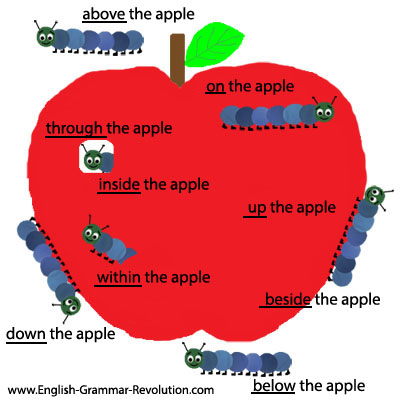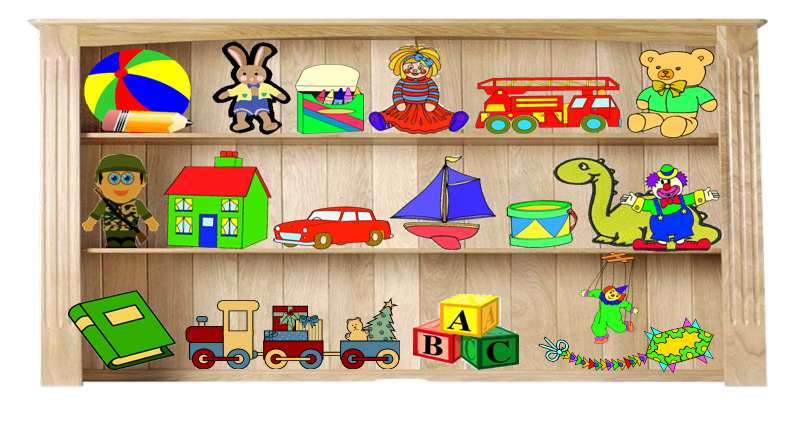Simple present tense

Simple Present
FORM
[VERB] + s/es in third personComplete List of Simple Present Forms
USE 1 Repeated Actions

Use the Simple Present to express the idea that an action is repeated or usual. The action can be a habit, a hobby, a daily event, a scheduled event or something that often happens. It can also be something a person often forgets or usually does not do.
Examples:
- I play tennis.
- She does not play tennis.
- Does he play tennis?
The train leaves every morning at 8 AM.
- The train does not leave at 9 AM.
- When does the train usually leave?
- She always forgets her purse.
- He never forgets his wallet.
- Every twelve months, the Earth circles the Sun.
- Does the Sun circle the Earth?
USE 2 Facts or Generalizations

The Simple Present can also indicate the speaker believes that a fact was true before, is true now, and will be true in the future. It is not important if the speaker is correct about the fact. It is also used to make generalizations about people or things.
Examples:
USE 3 Scheduled Events in the Near Future

Speakers occasionally use Simple Present to talk about scheduled events in the near future. This is most commonly done when talking about public transportation, but it can be used with other scheduled events as well.
Examples:
USE 4 Now (Non-Continuous Verbs)

Speakers sometimes use the Simple Present to express the idea that an action is happening or is not happening now. This can only be done with Non-Continuous Verbs and certain Mixed Verbs.
Examples:
ADVERB PLACEMENT
The examples below show the placement for grammar adverbs such as: always, only, never, ever, still, just, etc.Examples:
- You only speak English.
- Do you only speak English?
ACTIVE / PASSIVE
Examples:
- Once a week, Tom cleans the car. Active
- Once a week, the car is cleaned by Tom. Passive
Exercise
Present Simple Tense
Choose the correct answer.
1.She ___ four languages.
a. speak
b. speaks
2.Jane is a teacher. She ___ French.a. speak
b. speaks
a. teach
b. teaches
3.When the kettle ___, will you make some tea?
a. boil
b. boils
a. boil
b. boils
4. I always ___ the window at night because it is cold.
a. close
b. closes
a. close
b. closes
5.Those shoes ___ too much.
a. cost
b. costs
a. cost
b. costs
6.The food in Japan is expensive. It ___ a lot to live there.
a. cost
b. costs
a. cost
b. costs
7.His job is great because he ___ a lot of people.
a. meet
b. meets
a. meet
b. meets
8.He always ___ his car on Sundays.
a. wash
b. washes
a. wash
b. washes
9.My watch is broken and it ___ to be fixed again.
a. need
b. needs
a. need
b. needs
10. I ___ to watch movies.
a. love
b. loves
b. loves

Reference











